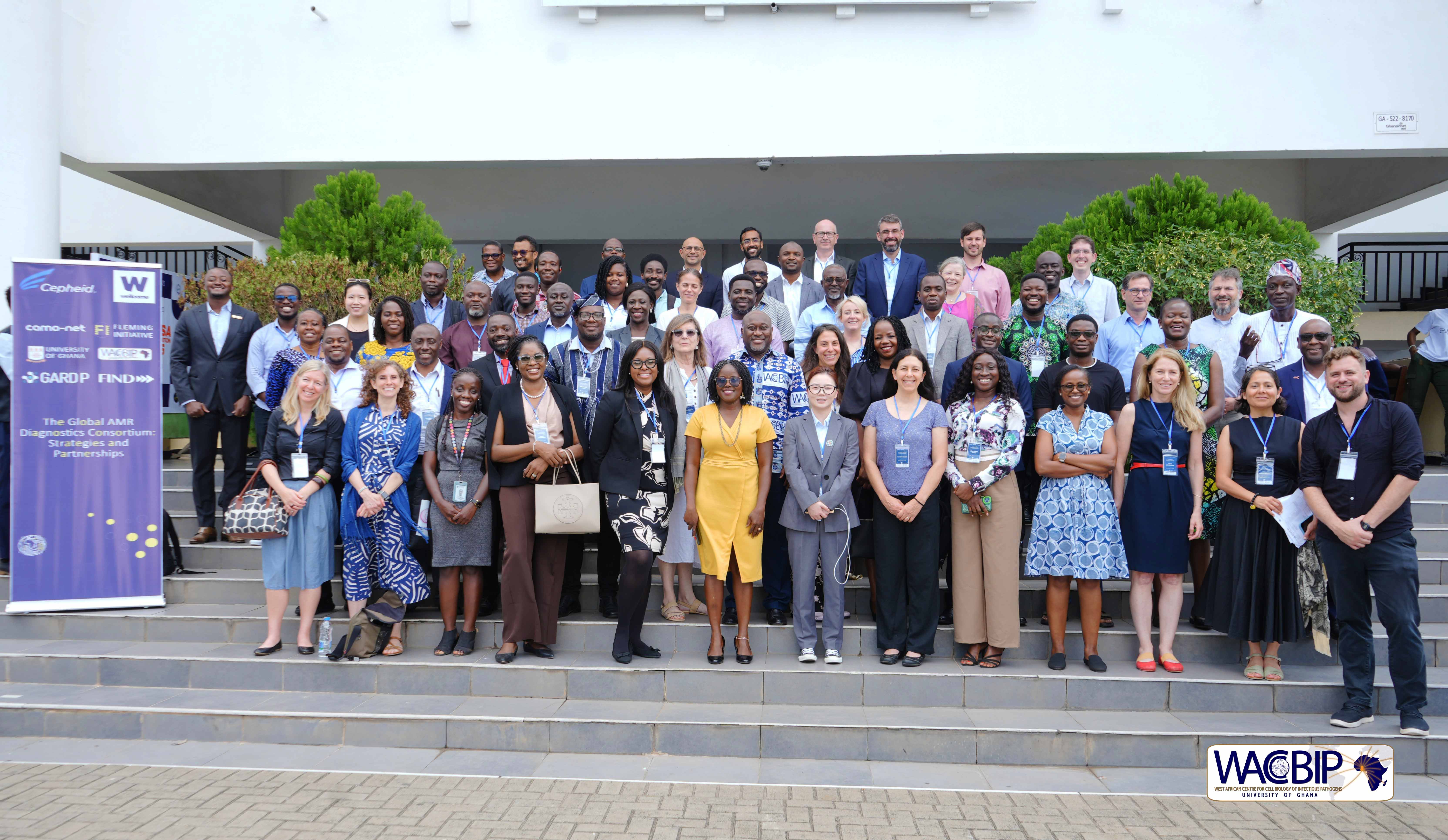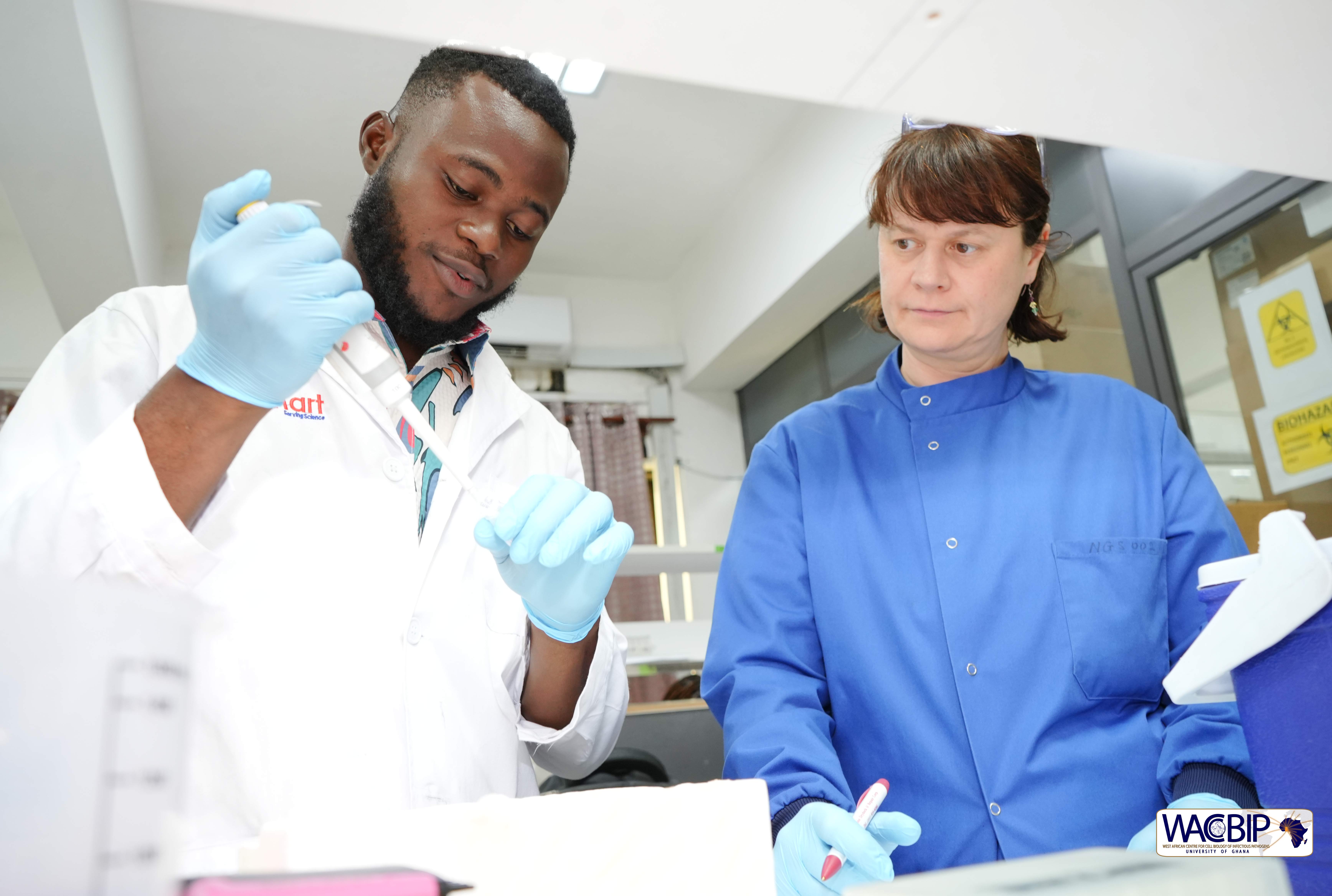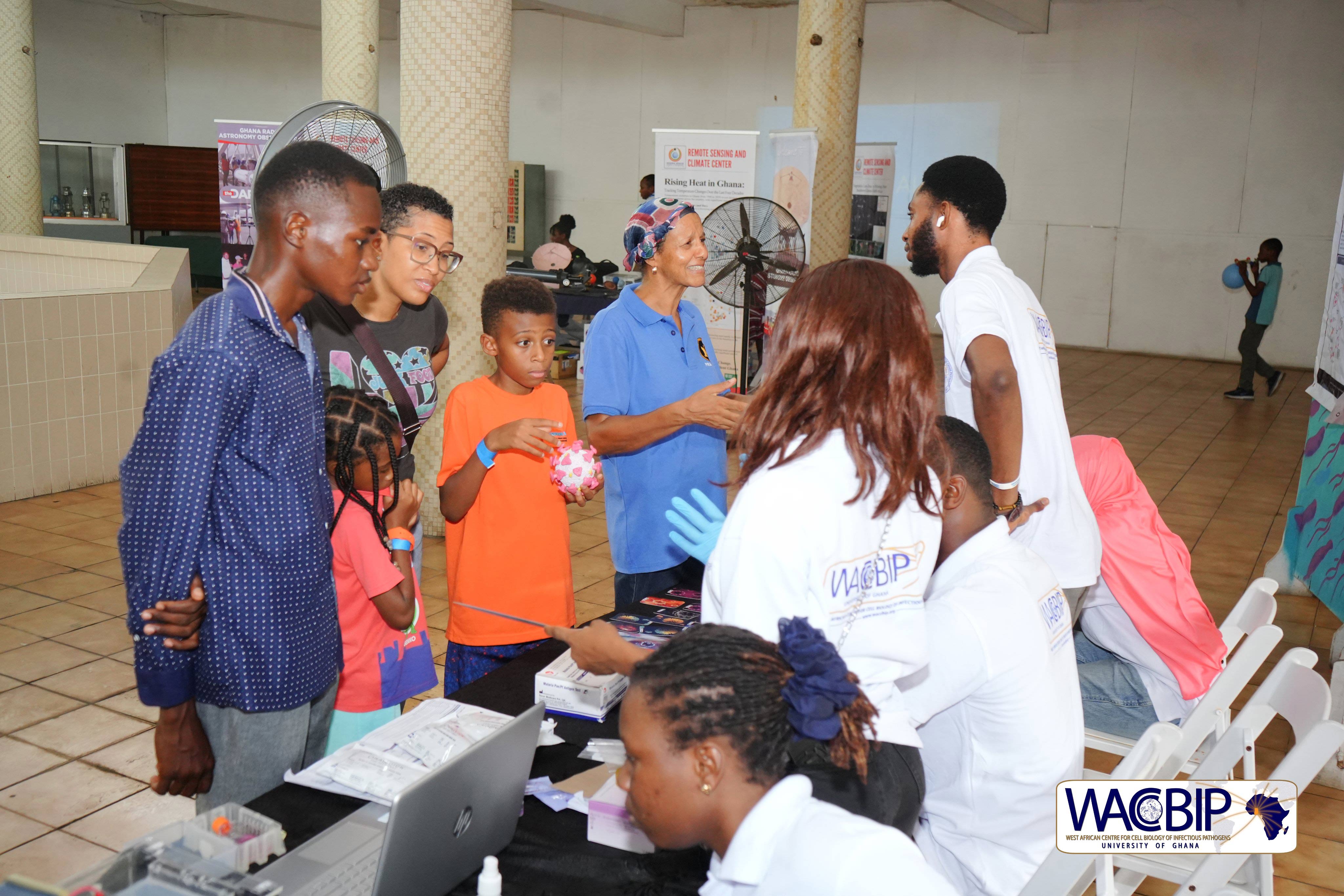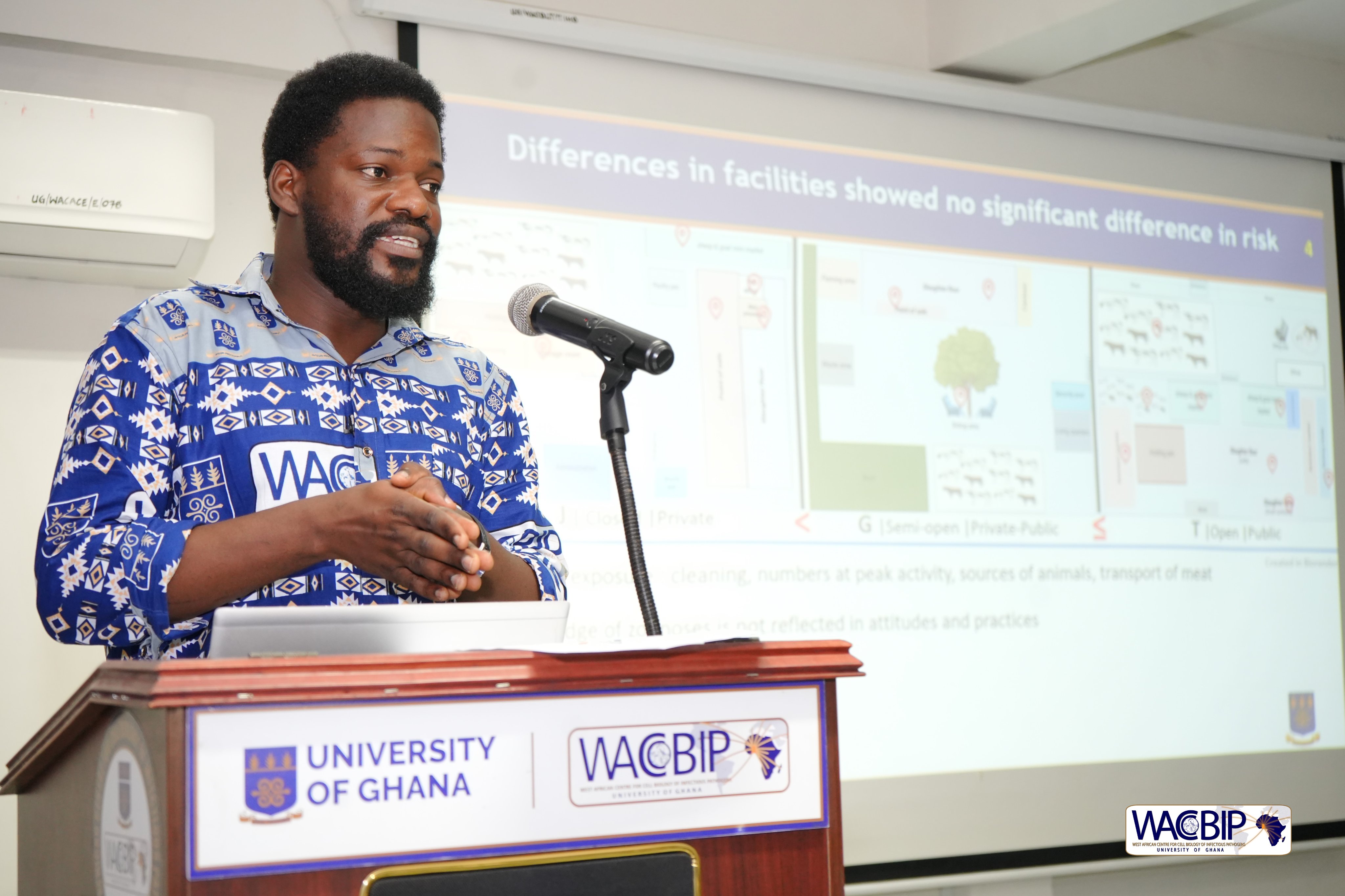The West African Centre for Cell Biology of Infectious Pathogens (WACCBIP) on Tuesday, December 1, organised a health walk in commemoration of World AIDS Day to raise public awareness on HIV/AIDS prevention, treatment, and management.
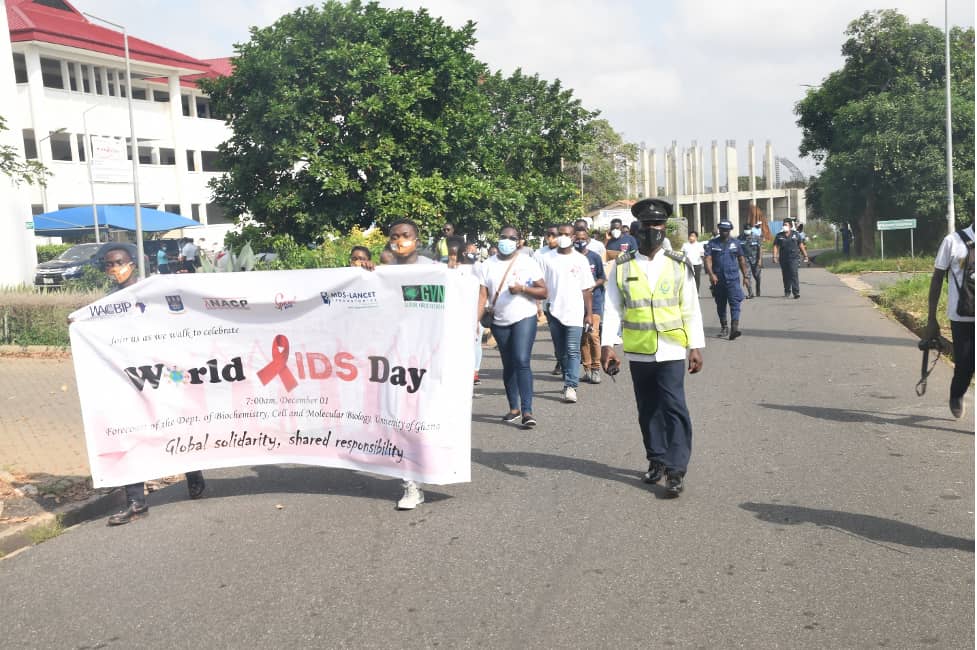
The WACCBIP team, led by researchers from the Quaye Lab Group, covered an 8km stretch from the University of Ghana to a central point at La-Bawaleshi, a neighbouring suburb of Accra, and back, interacting with road users about the disease and encouraging them to get tested. The team also distributed free packs of latex condoms.
Head of the Quaye Group and lead researcher at WACCBIP's Virology Laboratory , Prof. Osborne Quaye, highlighted the need for continued efforts in raising awareness on HIV/AIDS, in spite of the challenges presented by COVID-19. He said awareness events such as the health walk were important for efforts to reduce stigma, to help those living with the disease, and to advocate for an urgent response to reduce its impact in Ghana.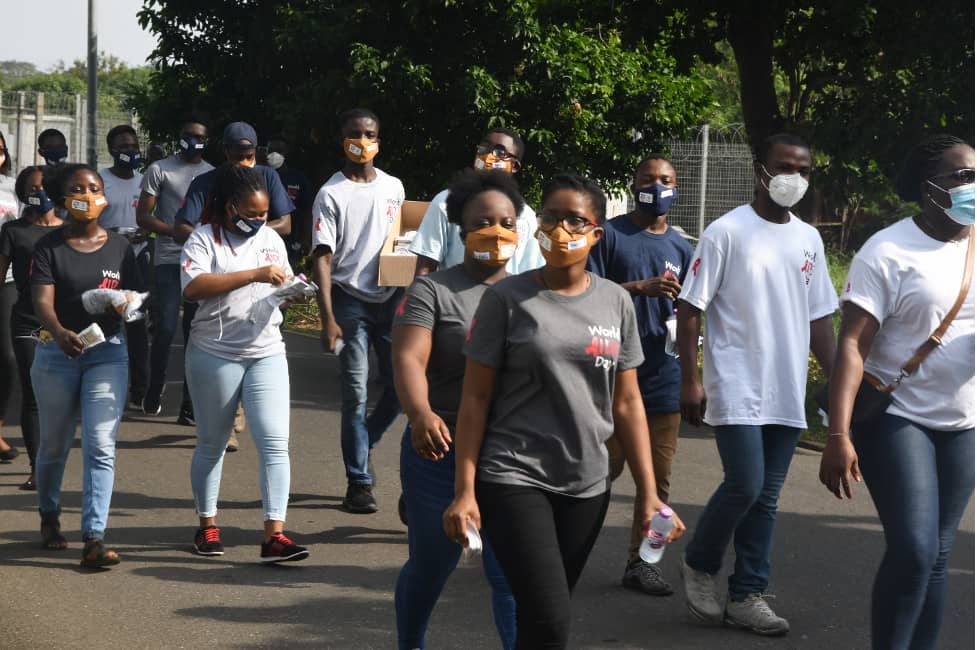
He said that, although efforts to reduce the disease burden in Ghana were yielding some progress, they have still fallen short of the global target of 90-90-90, which required that, by the end of 2020, 90% of people living with HIV would have known their status, 90% of all people diagnosed with HIV would have received sustained antiretroviral therapy and 90% of all people receiving antiretroviral therapy will have acquired viral suppression, at which point they would become unlikely to transmit the virus. Dr. Quaye said that, even though most countries were not able to reach the 90-90-90 target, varying levels of good progress had been made globally.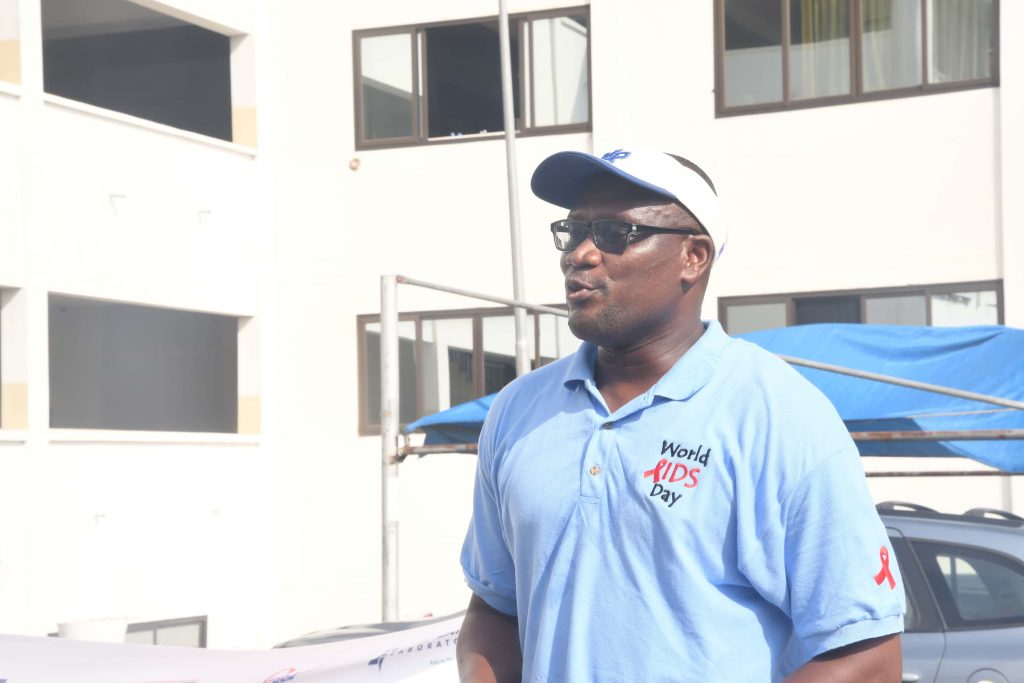
Head of the Quaye Group and lead researcher at WACCBIP's Virology Laboratory, Prof. Osborne Quaye
“Yes, we are not going to be able to achieve the 90-90-90 goal set for people who are infected and people who are put on therapy and getting suppression of the virus, ” Dr Quaye said. “But the numbers that we have so far suggest that some progress has been made. The whole world has made progress--not only Ghana--and the goal after that date is for us to protect the goals that we've achieved as of now and then find measures and strategies that will build on [them] and improve [them]. As to whether we are moving the 90-90-90 goal to a different year, I'm not too sure but, at least, we have a reason to celebrate the successes that have been chalked.”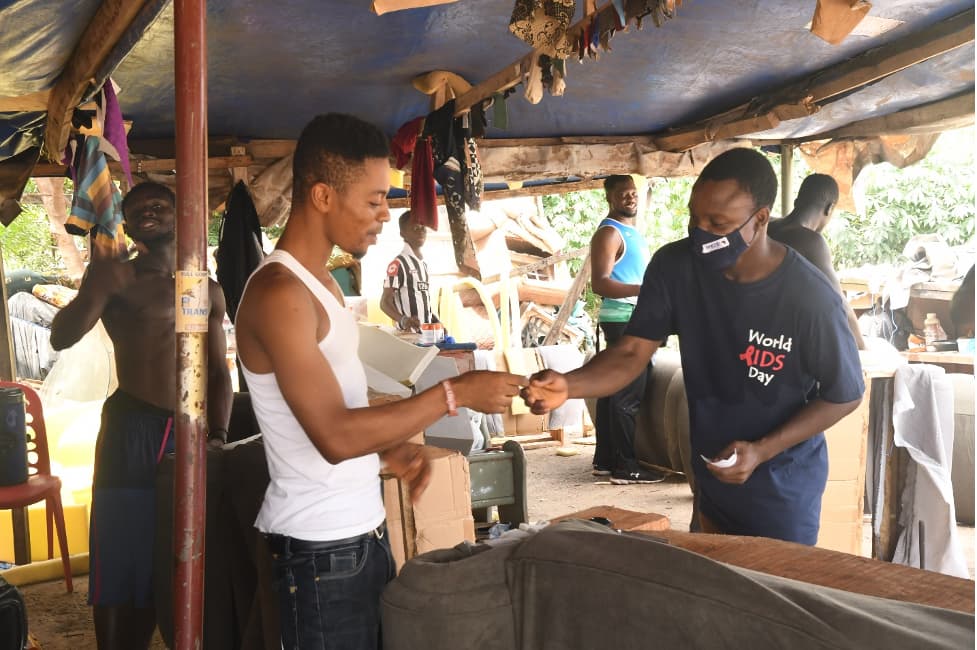
Dr Quaye added that awareness creation strategies and public education campaigns about all the strategies used in reducing the spread of the virus need to be intensified.
“We know the problem of HIV is multifactorial,” he said. “A lot of things come into play and, from where I sit, I think education is where we have not done too well. So, we are doing something about it but much of the populace does not adhere to the protocols or the strategies that are suggested, which we know will bring down the transmission.”
“There is something that we call voluntary male medical circumcision where people who are infected or not infected offer themselves to be circumcised,” Dr. Quaye said. “Once they are circumcised, the flow of semen either to [their] partner or from [their] partner will be cut and that will significantly decrease the impact of transmission. Also, we know that highly active antiretroviral therapy has greatly helped people already infected. So, all these strategies are working”¦just that we need to find ways to improve them.”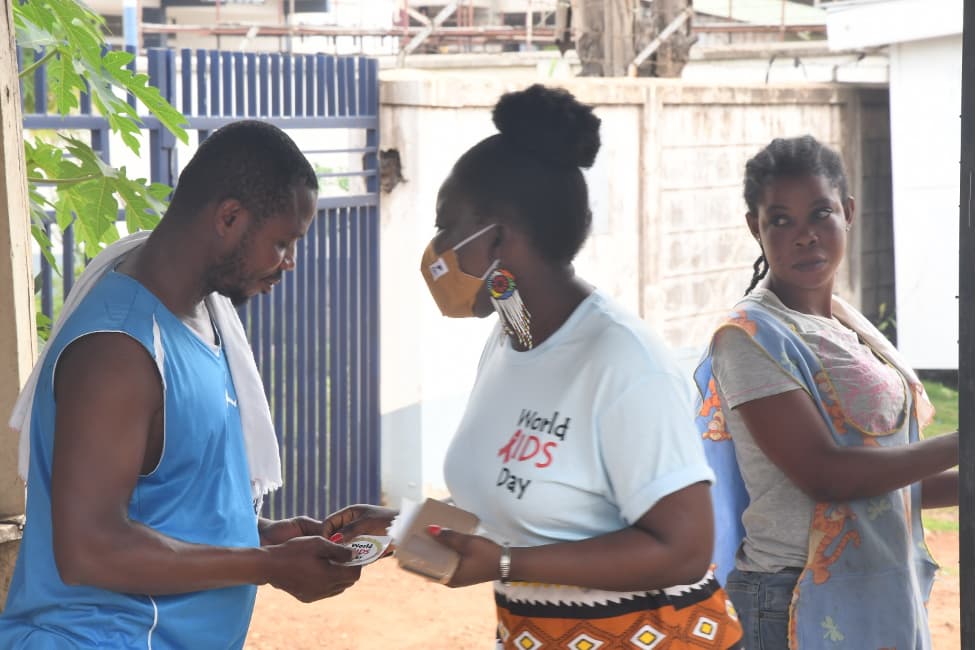
Mark Tandoh, a trader at a lorry station at Atomic Junction, a major intersection connecting several suburbs of Accra, was excited to have interacted with the researchers. He was particularly pleased that the team were distributing free packs of condoms.
“I have heard about HIV/AIDS and I believe it's real. Everyone should protect themselves; you would stay long if you do so. We cannot stop having sex. I have bought condoms because of AIDS, but this condom given me stands out and I am going to use it.”
This year's event was completed with support from Special Ice Company Limited and MDS-Lancet Laboratories Ghana Limited.


